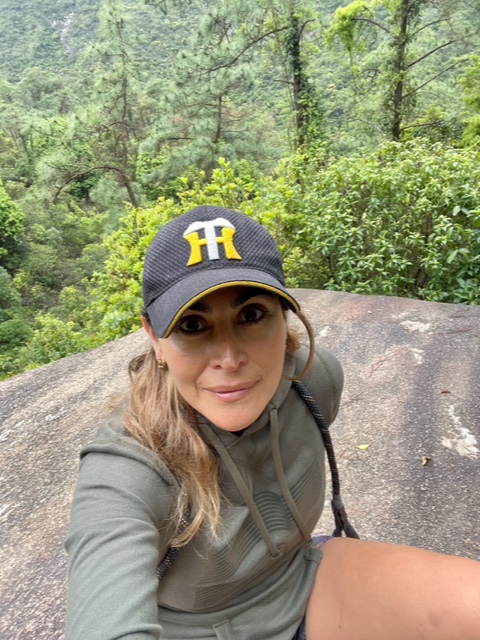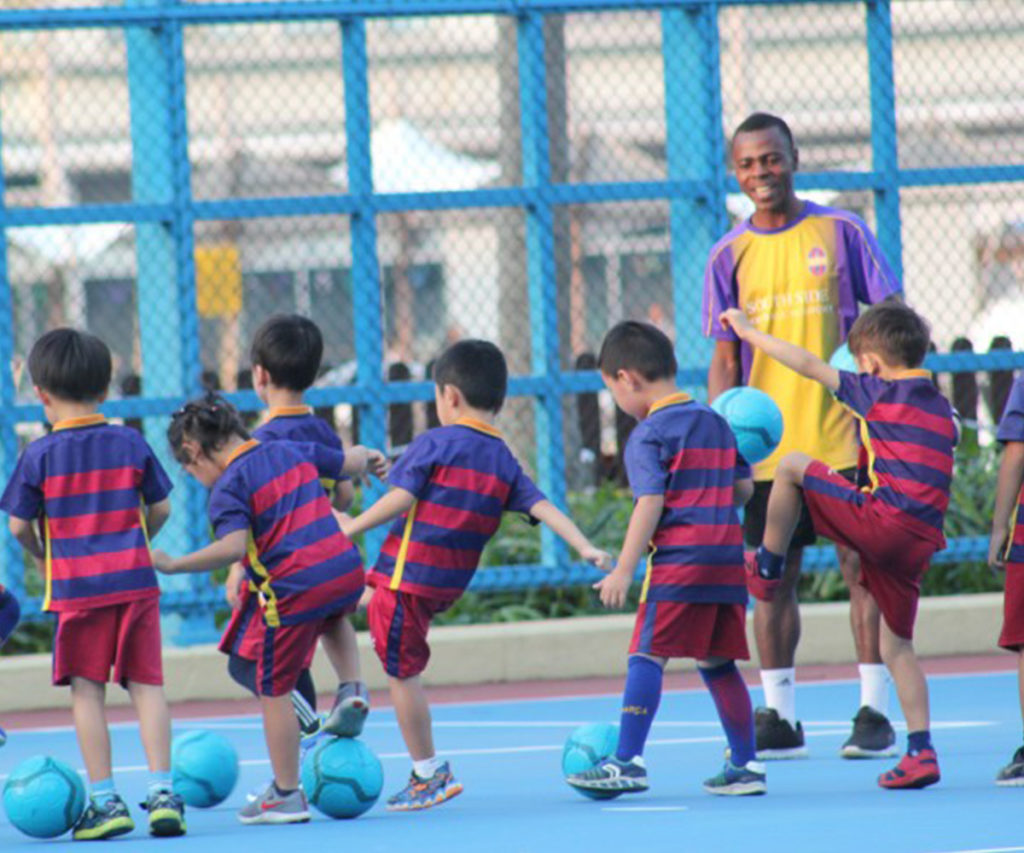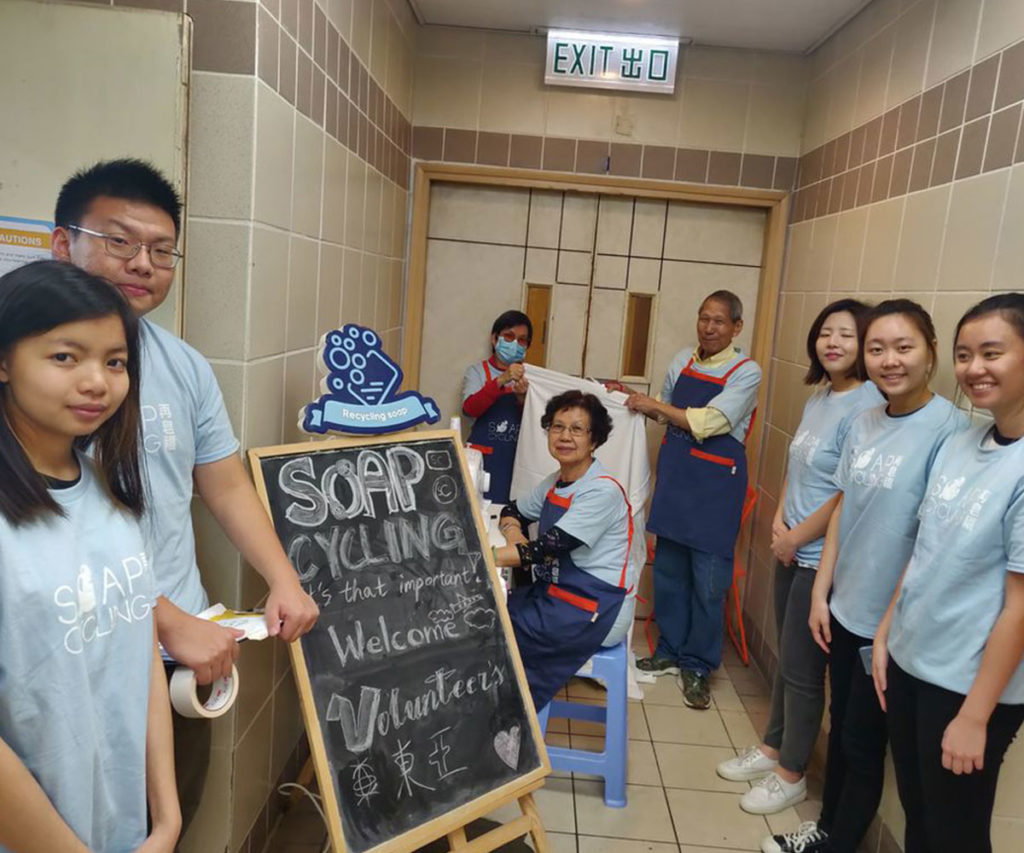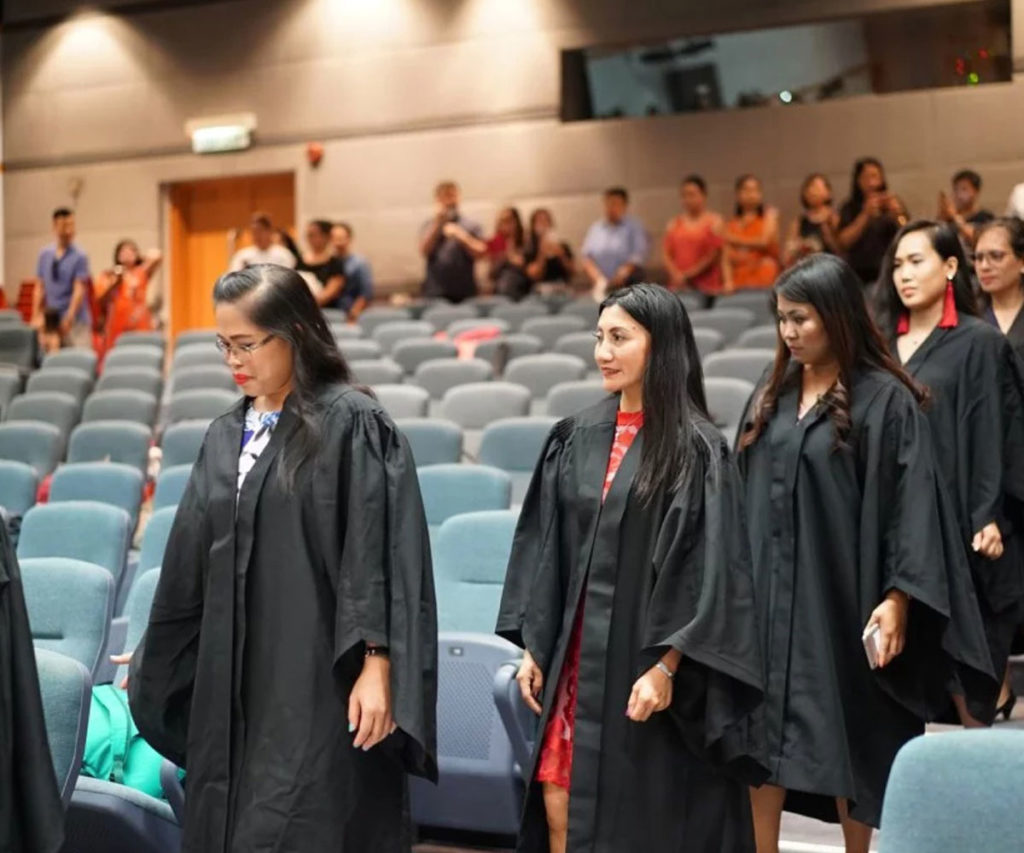Employee engagement and satisfaction should be of utmost importance to companies. Read our interview with FSI Community Connections Manager, Claudia Anticona, where she discusses her personal experiences in her career and how companies should provide for their employees.
Where did you grow up? How and when did you come to Hong Kong?
I grew up in Peru and the US. I moved to Florida when I was 11. After living in Florida, California, and New York, I moved to Singapore. I came to Hong Kong for a holiday and I absolutely loved it. I decided this is the place where I wanted to live. Shortly after in 2009, I moved to Hong Kong.
Can you tell me more about the work you’ve done as an operations manager and consultant?
I started my career as an environmental consultant. As an environmental consultant, I prepared various environmental impact reports for real estate development projects. After a few years there, I decided to join one of our clients, a real estate development company, to manage its projects, in particular, schools. From there, I moved to being a general operations manager for several companies, building on my skills each time. From job to job, I was building on the additional experience. That’s how I ended up being an operations manager.

I read that you were a Chief Operating Officer at Urban Hatch. What do you think were your biggest challenges as a COO of Urban Hatch? What were some of the things you learned that have proved indispensable in your life?
I think the biggest challenges were that I managed several projects competing for the same resources. I had to prioritize these projects and get the team to complete a project before moving on to the next.
I learned that it is important for the entire team to have transparency of goals and milestones for each project. It is very important to establish a good communication pattern so that any changes or issues are brought to life and resolved quickly.
What is your take on shared impact? What do you think companies should do in order to increase their impact?
Meaningful impact can be only achieved when all parties are committed to working together towards long-lasting change. There’s a saying: it takes a village. If you’re going to help out long-term, all the parties need to be committed and not just involved.
It’s essential for companies to provide and encourage short-term and long-term volunteering opportunities for employees. It’s important for employees to focus on issues that are relevant and important to them, not just have the opportunity to work on causes that they are not invested in. When employees are provided the opportunities to volunteer and they are committed, they will go the extra mile.
A company’s culture should encourage and reward giving. Giving could be giving of time, or skills-based volunteering. It could be donations. Any initiative that makes it clear to employees that it is part of the company culture; to give.
What do you think can and should be done to create more diverse and inclusive, and healthier workplaces?
There are three things I think are most important. I think a lot of companies try to do these things but there is a lot of work that still needs to be done.
Firstly, companies should provide a culture of work-life balance through a variety of wellness programs. Having a healthy number of options for wellness programs for employees is important because what works for one employee may not work for another. Offering that variety makes a difference.
Second, companies should support parental leave and transition back to work for both birth-giving and non-birth-giving parents. The reason I say that is because nowadays we have parents and couples that have different meanings and options. So it’s important to involve both.
Lastly, companies should provide support for employees and managers journeying through the mid-life shift: perimenopause and menopause. It’s not just for the employees themselves but also for the managers. People who are managers and leading employees, going through perimenopause and menopause today, grew up in a time when this topic was not discussed at all. In my experience, managers find it very difficult to have that conversation. It is a taboo. Having that support for managers is also really important.
Women are often doubted for their leadership abilities. Having led several teams, what has been your experience? What did you do to overcome these doubts?
Leadership in the organization sets the tone for how women managers are viewed in the organization. I have been lucky enough in my career to have had the opportunity to work under the leadership of strong women that support all their employees regardless of gender.
In my first role as an environmental consultant, the owner of the company was a very strong woman so I was lucky to have had her as my first management experience. I learned to really believe in myself and to understand that it’s not always going to be easy.
I have worked in larger organizations as well. Because of the size of these companies, there were many leaders and not all of them were supportive of women and in those cases, I had to work extra hard and let my work speak for my abilities. I’ll be honest, it wasn’t always easy to work extra hard. I’ve doubted myself. The most helpful thing I found was to bond with other women managers. Talk about our pain points and talk them through, to come up with ideas to help each other out. Having that bond was really key for me.

On a more personal and light-hearted note, what are your hobbies and what are some personal goals you’d like to get into?
I love playing tennis. I love laughing on the court. I love being competitive. I love the endless opportunities that tennis provides to improve my game. As soon as I achieve something, there’s always something new to learn. Tennis has it all for me: the joy, the laughter, the tears, the motivation.
My personal goal is to make the most of the present. One of my favorite quotes is from Kung Fu Panda. As you can tell, I have children so I’ve watched it a million times and I still love it. One of the characters is the main master, Master Oogway, and he tells his apprentice: “Yesterday is history, tomorrow is a mystery, but today is a gift. That’s why it’s called the present.” I just love that quote. I feel like I should tell myself this every morning, especially with everything that’s going on, to focus on the present and make the most of today.
*Acknowledgement: This interview was conducted and written by Samiya Sainur, an Impact Lab intern of the FSI Communications and Marketing team.



